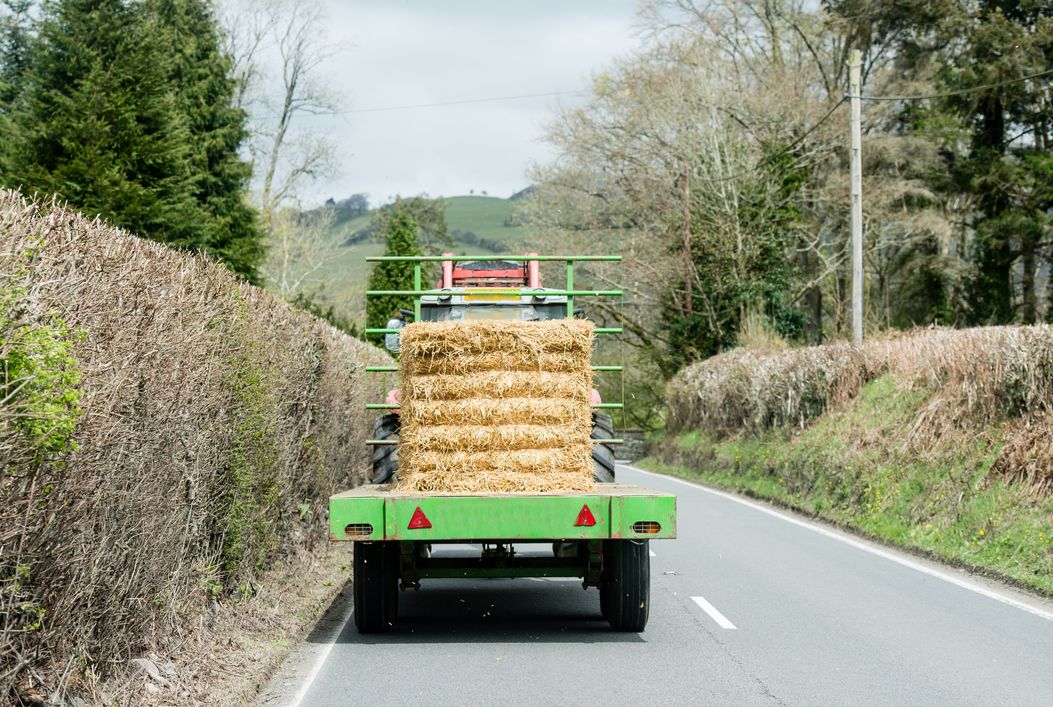We all make mistakes every now and again but as a Farm Secretary, one mistake has the potential to cause you some serious issues.
Professional Indemnity (PI) insurance can give you some reassurance; it offers professionals such as yourself, protection from errors you might make whilst doing your job. Errors could be as simple as things like providing inaccurate advice, losing documents or making an accounting mistake. A PI policy helps you if your client makes a claim against you following such an incident.
However, PI policies only provide cover for mistakes made by ‘active professionals’, i.e. people still working. This leaves you with the potential issue of an ex-client making a claim when you are no longer working for them.
This is when PI run-off cover comes into play. This type of cover protects individuals from claims relating to alleged historical errors. It is possible that you could be liable for claims related to a mistake you made many years ago. This raises the question of whether you would be willing (and able) to take care of your legal costs this long after you stopped working, potentially in your retirement.
It’s important to consider the features of your run-off cover, as although it’s intended as a supplement to PI cover, this distinct policy can operate differently; this is why it’s important that you understand how run-off cover works if you’re to protect yourself and your future financial situation.
So, how does run-off cover actually work?
Run-off cover, in the same way as PI insurance cover, works on a claims-made basis.
This provides cover for claims made and reported to an insurer during the period of insurance only.
Each claims-made policy will have a “retroactive date” and any claims made from losses or
incidents before this date will be excluded. Similarly, if a claim is made after the policy comes
to an end, regardless of whether it relates to a problem while cover was in place, it won’t
be valid.
Example: A financial error causes a loss to the farming business. This happened five months before the policy started but the mistake was only noticed, and the claim made, while the policy was in situ. Here, you would be covered.
On the other hand, claims-occurring policies cover incidents that occurred during the policy period, regardless of when the claim was made.
Essentially, the difference between the two is that claims-made policies provide cover for when the claim is made, while claims-occurring policies provide cover for when the incident occurred, even if the claim is made years later after the policy has lapsed.
As PI policies work on a claims-made basis, once they have expired, they will not cover any more claims. This leaves you exposed years into the future, making run-off cover something you should take into serious consideration.
If you would like to discuss PI insurance and/or run-off cover in more depth, contact
Zoe Tilling on 01653 609160, who will be able to advise you on the best cover for your specific circumstances. Alternatively, you can email us at enquiries@networkportfolio.co.uk/mcclarroninsurance.com.
























